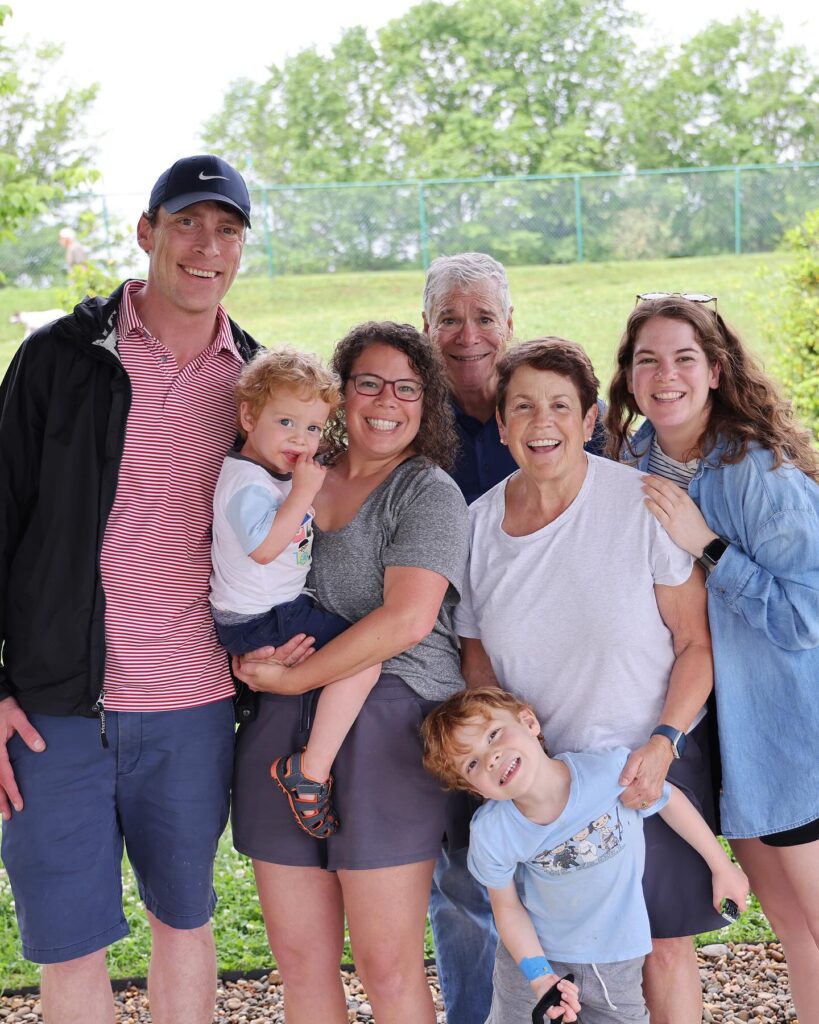Megan Haselschwerdt, Ph.D.
It’s our pleasure to introduce Megan Haselschwerdt, Ph.D., professor in HDFS, and soon to be HDFS Graduate Program Director. Though my interactions with Haselschwerdt, Ph.D. I’ve seen her passion and depth of knowledge in her study and how she utilizes her research and skill to better those around her both professionally and personally. This led us to ask how she came to be with us here at UT:

“I am an associate professor in Human Development and Family Studies. My research focuses on intimate partner violence, and more specifically, the impact of childhood exposure to intimate partner violence and how victimized adults experience help-seeking from formal (e.g., medical, mental health) and legal (e.g., police, courts) systems. I currently collaborate with colleagues in the Colleges of Nursing and Social Work to conduct research. I appreciate all research methods, but am particularly passionate about conducting individual interviews to understand people’s unique lived experiences. In HDFS, I teach Child and Family Diversity (HDFS 385, HDFS 552), Grounded Theory Methods (under HDFS 650 Advanced Research Methods), Family Theories (HDFS 550), and Family Stress (HDFS 562). I enjoy working closely with many graduate students, serving as their major professor/advisor more formally and informally mentoring students on their research, teaching, and professional development. I am actively involved in the National Council on Family Relations, currently serving as the Elections Committee co-chair and previously holding various leadership roles, including Chair of the Feminism and Family Science Section and Student/New Professional Conference Chair. Outside of work, you’ll find me with my partner, David, and our two kiddos, Hudson (5) and Colin (2). When not working or parenting, I love playing tennis, listening to podcasts, painting by number, spending time with friends, and traveling.
I had never heard of HDFS when I was applying to graduate school. I was a psychology major and thought I wanted to be a clinical psychologist. However, I worked in a cognitive development psychology lab for two years, and the professor I worked with told me about HDFS and how this might be the path I should consider after graduation. During this time, I also volunteered extensively at The Middle Way House in Bloomington, Indiana (I attended Indiana University), a dual-service, domestic and sexual violence center. Through these experiences, I decided I wanted to continue my education in HDFS, studying intimate partner violence at the University of Illinois and working alongside (the amazing) Dr. Jennifer Hardesty. I earned my Master’s and PhD in Human Community Development (now HDFS), and after graduation, I joined the HDFS faculty at Auburn University, where I worked and lived for 4 years before joining the Vols HDFS family in 2017.

I have had the opportunity to serve in a variety of service and leadership roles while at UT. A few of the more important roles to me including currently serving in my second year as a Faculty Senator and served a full term as a member of the Chancellor’s Commission for Women, chairing the Safety Committee. I had the privilege of serving as the CEHHS Access and Engagement Faculty Fellow for two years and have been devoted to serving this critical office in various ways, including serving on the Advisory Board and as an Access and Engagement Plan Lead for HDFS. In HDFS, I chaired the Diversity Action Committee, served as the Graduate Student Organization liaison, and have been a Graduate and Undergraduate Committees member. I feel so fortunate to be in a department where all faculty pull their weight, using their strengths and talents in ways that make the most sense to each of us and the collective good.
A goal I have for our department is to continue expanding our impact locally and beyond. I see us doing this by growing our student enrollment numbers so we send even more HDFS graduates out into their professional fields or graduate school, equipped to meet the complex needs of children, couples, families, aging adults, and communities more broadly. I think our students, undergraduate and graduate, receive a very high-quality education both in the classroom (on campus and online) and out in the community through internships, practicums, and research projects. I also see us doing this by faculty and graduate students increasingly engaging in community-based/driven, impactful research that ensures all children, families, and communities are thriving (to borrow from NCFR’s vision of All Families Thriving).”